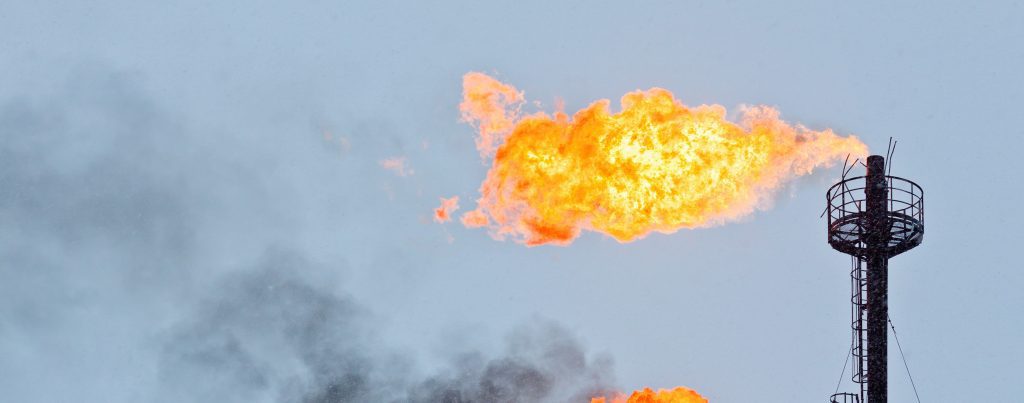There is a lot of evidence that tar sands tailings ponds—the massive pits visible from space where tar sands companies put their wastewater—are leaking into the Athabasca River and other rivers in northern Alberta.
Instead of looking into that evidence, the Canadian government continues to look the other way. For example, the Canadian government doesn’t even have a strategy for how to enforce the Fisheries Act, the legislation that protects fish and rivers from toxic pollution – such a strategy is needed for the law to be enforced and has been developed for other legislation. Yet, no strategy exists for the Fisheries Act.
As we found out last week, the federal government is now blocking others from looking into this as well. A spokesperson at Environment Canada told the press that the Canadian government would be voting against an investigation into whether the federal government was ignoring Canadian laws and letting polluting tar sands companies off the hook. The investigation was to be undertaken by the Commission for Environmental Cooperation (CEC), the environmental watchdog arm of NAFTA. Environmental Defence, along with another environmental organization and three individuals from the region, brought the case to the CEC, asking it to investigate this pollution and whether the Canadian government was breaking the law by not prosecuting tar sands companies.
All along the process, now in its fifth year, the Canadian government put up roadblocks for the CEC, slowing down or preventing it from doing its work. On several occasions, the Canadian government sent letters to the CEC, claiming that it did not have the authority to look into this case, even though the CEC was set up to do exactly that and has done it in dozens of other cases.
Last summer, the CEC justifiably ruled that a deeper investigation (called a “factual record”) was needed, given the mounting evidence – from scientific journals, the National Energy Board, and Environment Canada itself – that the tailings ponds are leaking toxic pollution into rivers, despite the Canadian government’s objections. Then, last week, Canadians found out from media reports quoting an Environment Canada spokesperson that the CEC would not be able to undertake such a factual record because Canada and at least one other NAFTA country had voted against it.
This is disheartening, to say the least. In essence, the Canadian government has decided to protect tar sands companies that are polluting rivers and possibly breaking Canada’s environmental laws rather than protecting citizens who depend on those rivers for their water and food.
We will, of course, wait to hear the official, final verdict. Maybe the Canadian government is wrongly prejudging the outcome of the vote. Maybe I will wake from a very bad dream and find that we have a government that does in fact take seriously its role of protecting Canadian citizens from powerful oil companies. Either way, Environmental Defence will keep you up to date on this and will continue to pursue this as far as we can.









